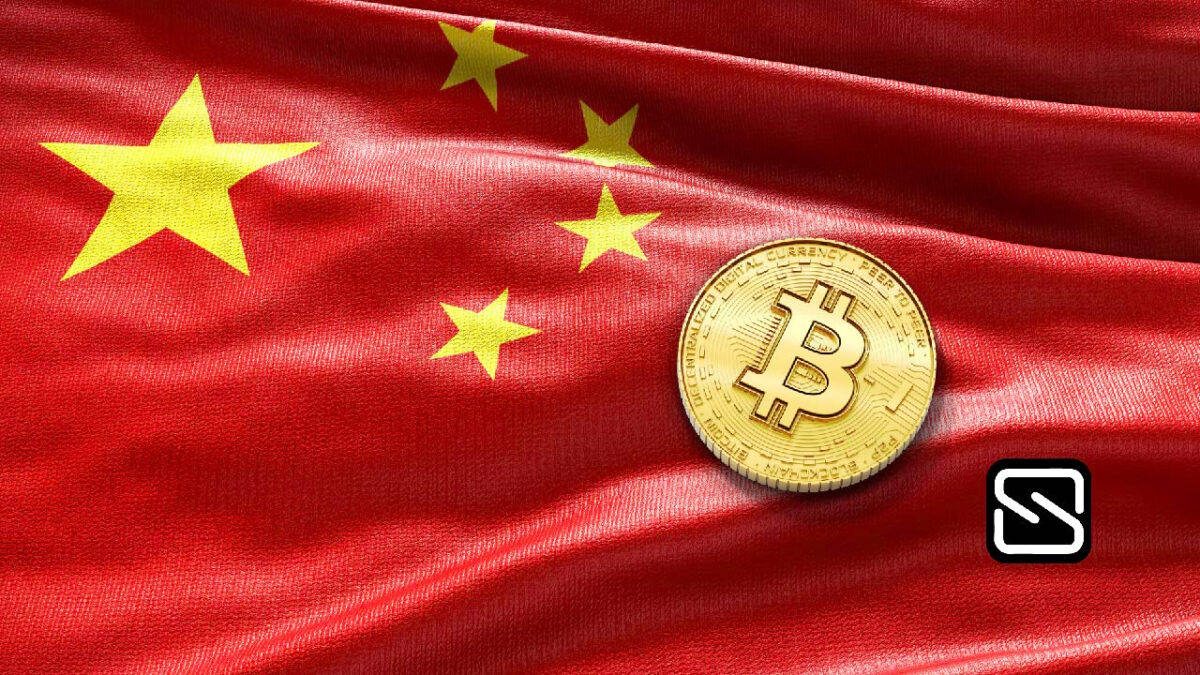The entire world has seen China’s love-hate relationship with Bitcoin and the rest of the crypto-verse. The Chinese Government has previously demonstrated its stance on the industry by prohibiting crypto trading outright and expelling BTC miners from the region. However, the Shanghai High Court has recently made headlines when it classified the world’s largest cryptocurrency as a virtual property protected by Chinese law.
This announcement came as a welcome relief to those who have been mourning the crypto market’s recent collapse. According to reports, the Shanghai High People’s Court issued a statement on its official WeChat channel confirming that Bitcoin is now considered virtual property. Furthermore, many people were surprised by this because the Chinese Government is yet to lift the prohibition on cryptocurrency trading.
The court’s notice read,
“In the actual trial practice, the People’s Court has formed a unified opinion on the legal position of Bitcoin, and identified it as a virtual property.”
Cheng Mou is said to have filed a case against Shi Moumou in Shanghai’s Baoshan District People’s Court. Shi Moumou was expected to return one Bitcoin to Cheng Mou in the year 2020. Because neither of them could reach an agreement, the High Court was called to intervene. This case is what compelled the Court to issue a statement about Bitcoin.
Governments all across the world have struggled for a long time to classify Bitcoin under existing rules. While some classify cryptocurrencies as gambling, others consider them to be legitimate. China, on the other hand, appears to regard it as a piece of property.
The Shanghai High People’s Court has further noted that Bitcoin entailed a certain economic value. Elaborating on the same the Court said,
“Bitcoin has a certain economic value and conforms to the property’s attributes, the legal rules of property rights are applied for protection.”
